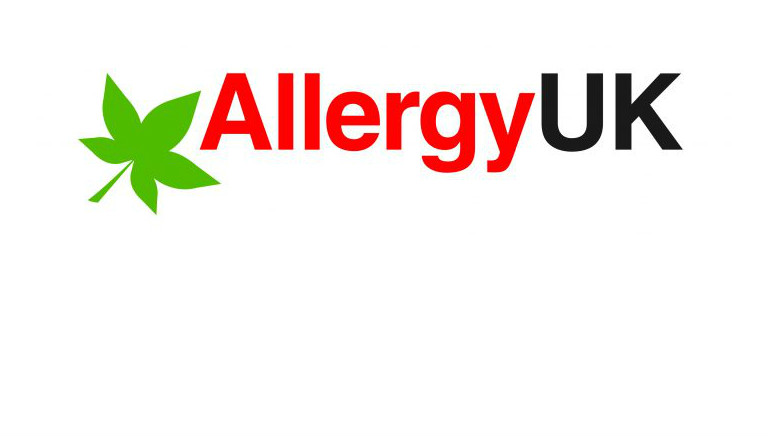18 million people in the UK suffer from hay fever[1], a number that is increasing year on year. When in season, hay fever can affect people’s lives quite significantly. Those with hay fever symptoms can often find it difficult to complete everyday tasks such as driving to work, completing a test, or even getting a decent night’s sleep. A study conducted by Allergy UK found that 89% of hay fever sufferers’ daily routines were affected by symptoms of hay fever[2].
The medical term for hay fever is ‘allergic rhinitis’. There are two types of allergic rhinitis – seasonal (occurs at certain times of the year) and perennial (all year round). The term ‘rhinitis’ relates to the symptoms of an inflamed or runny nose, sneezing and congestion, and itchy, watery or red eyes.
Grass pollen is the most common allergen to trigger hay fever. 95% of hay fever sufferers are allergic to grass pollen, which is most prominent between May and July. Some tree pollens can start as early as February and fade away by June, and weed pollens come into effect between June and September.
It’s difficult to pin down how many people are allergic to tree and weed pollens definitively, as many people with hay fever have never been clinically diagnosed and they self-medicate, so they won’t know what particular allergen is causing the problem.
Allergy UK’s Helpline Advisors give advice and support for people living with hay fever, with symptoms ranging from mild to severe. In 2016 alone, 759 people contacted Allergy UK’s Helpline to talk about hay fever. For those with severe symptoms, our Advisors will always recommend a visit to the GP – but there are some things they will recommend for self-treatment and management.
Top Tips for Managing Your Hay Fever
Avoidance
Check weather and pollen forecasts so you can prepare for high pollen counts. Remember that the pollen count is highest first thing in the morning and late afternoon/early evening, so avoid sitting outside in these times. Make sure that you do not dry clothes outside during this time as pollen will cling to the laundry.
Nasal sprays
Nasal sprays that contain decongestants may be useful on the worst days or for additional relief of congestion for an exam or special occasion but should not be used regularly as after a few days use, they can make symptoms worse. You can also buy a saline nasal wash, which can help remove pollens and allergens.
Barrier balms
Apply an effective allergen barrier balm around the edge of each nostril to trap or block pollens. Pollen barriers are available as balms or gel nasal sprays. These balms can also be used on the face, around the bones of the eyes where a pair of glasses would touch your face, but not directly in contact with the eyes.
Allergy Testing
Allergy testing is not usually required for simple hay fever because the trigger substances can be easily identified from the history of when and where symptoms occur. However, in certain cases a blood test might be used by the doctor or nurse to help to confirm the diagnosis.
Contact
If you have concerns surrounding your hay fever, please do not hesitate to call the Allergy UK helpline on 01322 619 898 or via email info@allergyuk.org or use the webchat feature on our website: www.allergyuk.org
Our Factsheets are free to download and a very useful resource for anyone in need of more information about allergy.
[1] Allergy UK | Misuse of Hay Fever Medication Causes Misery for Millions | Allergy Awareness Week Press Release 2014 | 28th April 2014
[1] Allergy UK | ‘Are you suffering from seasonal allergic rhinitis (hay fever)?’ | July 2014 | Supported and funded by HayMax™



